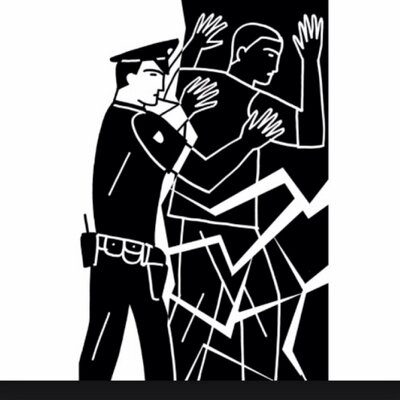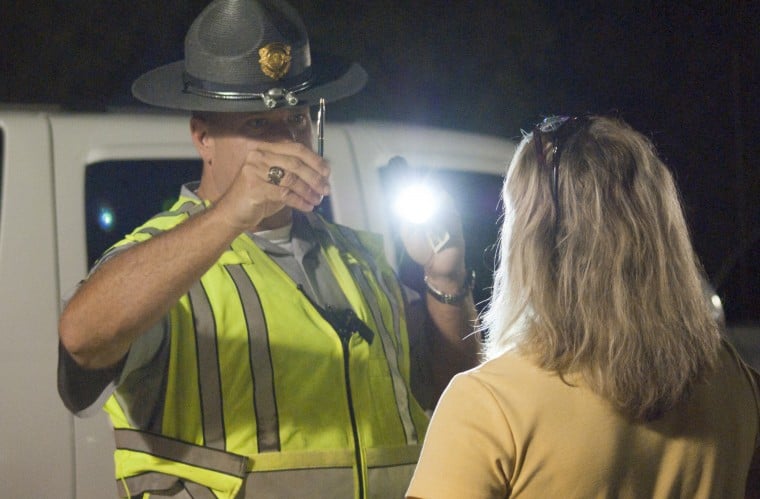
In State v. Foster, the WA Court of Appeals held that a police officer cannot seize someone for “officer safety” reasons and keep them handcuffed indefinitely. Here, the police officer’s decision to keep the defendant handcuffed indefinitely instead of checking for weapons turned an otherwise lawful seizure into an unlawful one.
The facts were such that defendant Samuel Foster was accused of Burglary; more specifically, stealing a tent from the home of the alleged victim. In an effort to gain more information about the stolen tent, Officer Anderson made contact with Mr. Foster. The officer became concerned for her safety because Mr. Foster refused to take his hand out of his pocket.
Officer Anderson grabbed Mr. Foster’s hand and placed him in handcuffs as a safety precaution. Sergeant Renschler happened upon the scene. He questioned Mr. Foster – who was still in handcuffs – about drugs. Sergeant Renschler searched Mr. Foster and found a small bag of meth inside a cigaratte container in Mr. Foster’s pocket. Naturally, Mr. Foster was charged with Unlawful Possession of Meth.
At trial, the judge denied Mr. Foster’s Motion to Suppress based on an unlawful search and seizure. In short, Mr. Foster argued the seizure under Terry v. Ohio was unlawful because the officer exceeded what was supposed to be a brief seizure for officer safety. The judge found Mr. Foster guilty of Possession of Meth. The case went up on appeal to Division III of the WA Court of Appeals.
The Court of Appeals reasoned that police can conduct a Terry investigative stop if they don’t have a warrant. A Terry stop allows officers to briefly seize a person in specific and articulable facts, in light of the officer’s training and experience, if the facts give rise to a reasonable suspicion that the person was engaged in unlawful activity. In evaluating the lawfulness of a Terry stop, the court must inquire whether the temporary seizure was justified at its inception, and whether the stop was reasonably related in scope to the circumstances which justified the initial interference.
Here, the basis for the stop was insufficient. Simply because a person is in a high crime area does not establish a reasonable, articulable suspicion that the person is engaging in criminal activity. Also, the simple fact that Mr. Foster had his hand in his pocket when approached by Officer Anderson does not support a reasonable, articulable suspicion that Mr. Foster was engaged in criminal activity. Consequently, the Court of Appeals ruled the seizure of Mr. Foster under these circumstances was not a valid Terry stop.
The court reasoned that the true nature of the stop was for officer safety. Still, however, Officer Anderson did NOT frisk Mr. Foster for weapons. The court said, ” . . . because the only legal basis to seize Mr. Foster was for officer safety, we are constrained to hold that the officer’s decision to forego frisking Mr. Foster amounts to continued detainment without a legal basis.”
The court concluded that Mr. Foster’s consent to search was obtained by exploitations of his prior illegal seizure, and as a result, the evidence obtained as a result of his consent to search must be suppressed.
Good decision.
Please contact my office if you, a friend or family member are charged with a crime. Hiring an effective and competent defense attorney is the first and best step toward justice.



:strip_exif(true):strip_icc(true):no_upscale(true):quality(65)/arc-anglerfish-arc2-prod-gmg.s3.amazonaws.com/public/VLNO7NGCLNFKXEVA4EZRHWGWPY.jpg)










